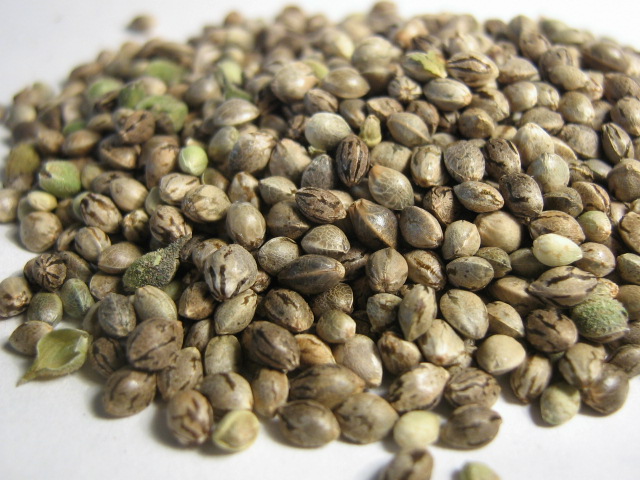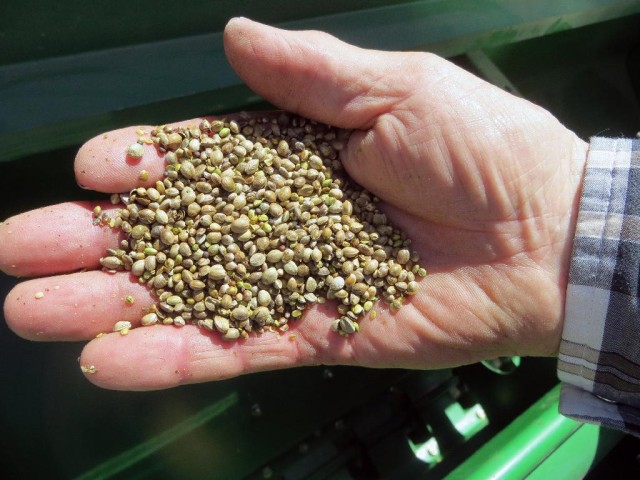Hemp seeds, one of the most complete superfoods
Hemp seeds are considered a superfood. Extracted from industrial hemp varieties, it is the plant of a thousand uses since it can be used to make ropes, textile fibers, oils, paints, biofuels, paper, CBD extractions for medicinal use, etc, etc, etc. It is a very resistant plant that grows even in the poorest soils and the most difficult climates. It needs relatively little water, does not require the use of pesticides and its cultivation is becoming more and more widespread.
Hemp does not contain any psychoactive cannabinoids, nor do its seeds. It was not inconvenient for the US government to prohibit its cultivation, moved rather by the interests and pressures of the great oil and cotton magnates, who saw in hemp a plant that hardly needed resources and endangered their business.
Hemp seeds, therefore, do not contain THC and are classified as a nut. They are brown to dark gray in color, almost round, and 3-4 millimeters in diameter. The shell is hard and difficult to chew, so they are usually purchased peeled. In the case of shelled seeds, they are usually crushed in a mortar and pestle. They have a delicious flavor between pine nut, walnut, and almond, very common and recognizable. Although, undoubtedly, its greatest virtue is not its flavor or its nutritional content we will analyze it in depth.
Whole hemp seeds contain on average:
- 36% oil
- 25% protein
- 28% carbohydrates
- 6% moisture
- 5% ash
- 2200 KJ
They are surprisingly high in vegetable protein, which is essential to maintain good health as it is the basis of our body. The seeds can contain up to 50% of easily digestible protein, something very important for vegetarians or people who generally consume little protein in their diets. They also contain 21 amino acids, including 9 essential amino acids that we need but that the human body cannot produce by itself.
As for essential fatty acids, they are presented in a perfect 3:1 balance between Omegas-3, Omegas-6, and gamma-linoleic and are the most important essential fatty oils for well-being, since the flexibility and fluidity of our cell membranes depend on them, besides being very useful in the prevention of arthritis and rheumatism.

Hemp seed oil is rich in polyunsaturated fatty acids and contains low concentrations of saturated fatty acids, very interesting from a nutritional point of view since nowadays the diet is increasingly rich in saturated fatty acids, related to the increase of total cholesterol. To view more hemp articles, visit Willmar Dispensary for further info.
On the other hand, this oil also contains tocopherols, substances that can reduce the risk of suffering cardiovascular diseases, cancer, and muscular degeneration due to age, with important antioxidant effects. It contains more tocopherols than other vegetable oils already rich in this substance, such as sunflower or soybean oil.
Also, for its high fiber content, 28% in shelled seeds and 7% in peeled seeds, are very suitable for people suffering from digestive disorders. They help to combat constipation and obesity, as they clean and eliminate waste and toxins from the digestive system, one of the main causes of disease. In this sense, shelled hemp seeds contain less fiber, although the amount of amino acids is higher.




